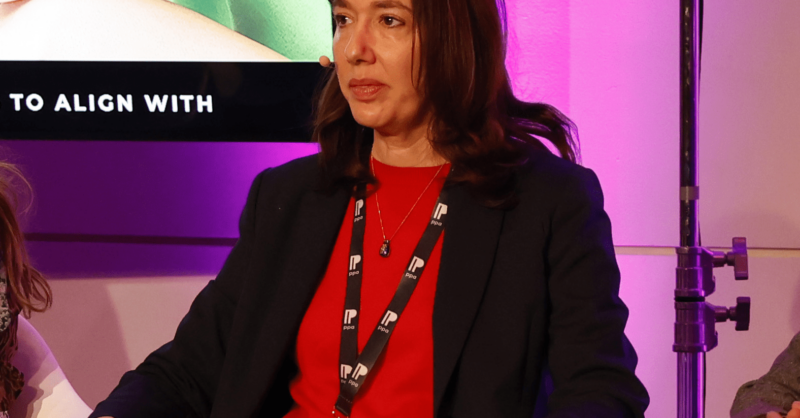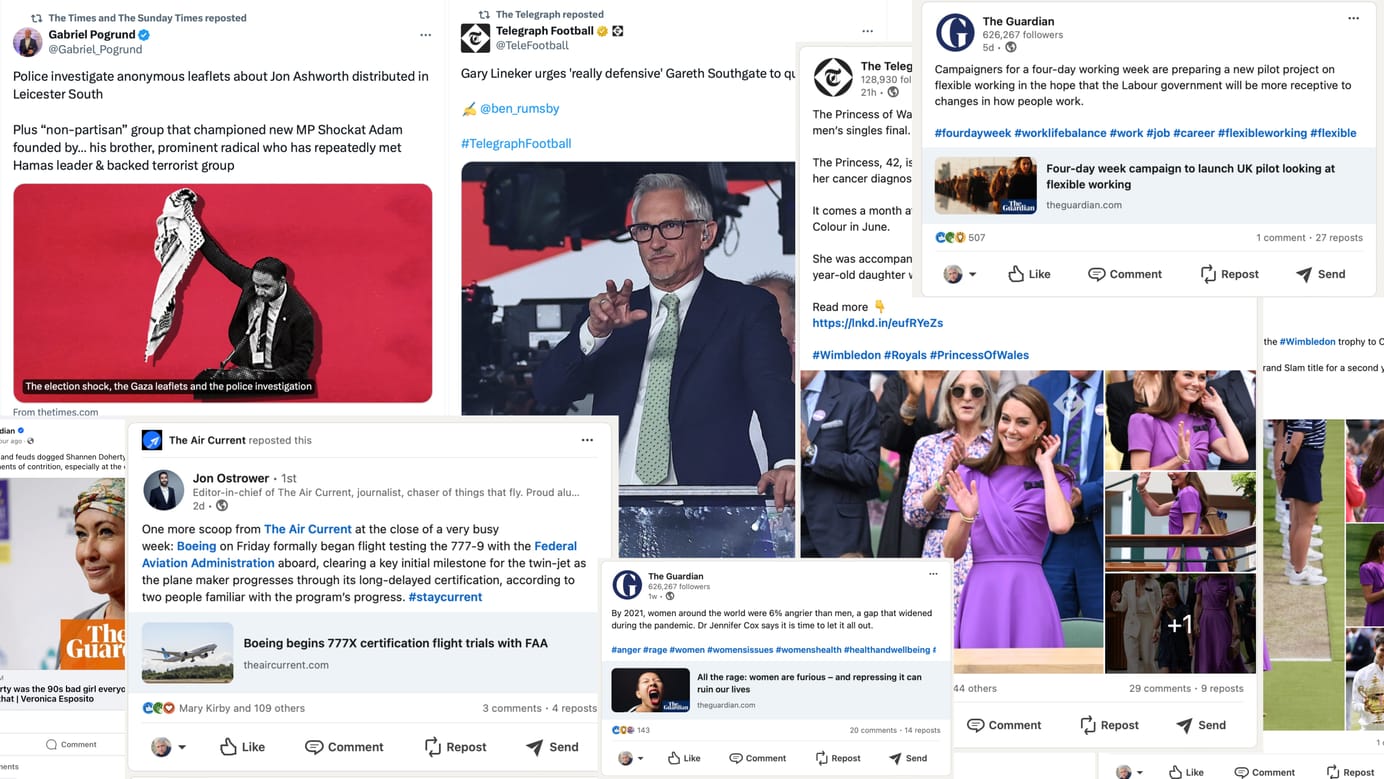
Blue sky thinking about emerging social platforms
There's a whole new wave of social media emerging. Do you need to be there now?
”Should I be on Bluesky?” and other questions to which Betteridge’s law applies
I seem to be asked variations of the same question again and again at the moment:
Do I need to be on Bluesky?
or
Should we build a presence on Substack Notes?
or
Is Mastodon the right place for us?
or
Are we missing out by not using Post.News?
(OK, the last one’s a lie — nobody is asking about Post, but I’m including it out of fairness.)
The answer, for most of you, is almost certainly the same: “no”. Or, more properly, “not yet”. All of these services are in their early days, and haven’t yet reached the critical mass that will be needed as long-term sustainable players in the social media ecosystem.
More social networks fail than succeed
Remember, new social media sites that get significant traction are rare. Remember Clubhouse? The social audio app was, two years ago, in very much in the same position that Bluesky is now:
- Invite-only
- External factors making it attractive
Those factors were the pandemic for Clubhouse and the shitshow Twitter’s becoming under Elon Musk. Clubhouse today? Laying off more than half its staff.
A singular replacement for Twitter — if one emerges, or is even needed — will take years to establish itself. Remember, TikTok launched way back in 2016, but has only really hit the media business mainstream over the last couple of years. It takes time for the network effect to actually kick in, and the volume of people on the app getting big enough to make it worth most publications being there.
You. Can. Afford. To. Wait.
Unless you’re overburdened with spare time in your work, you can wait to see if the platform catches on, if a creative vernacular emerges that’s useful, and if you can justify the time invested in it.
Unless…
Well, unless you fall into either of these categories:
1. Your people are already there
Some communities are already forming on some of these services. If you write for or about the tech industry, then yes, you might want to keep a careful eye on Mastodon because many of those sorts of people are already there. Again, if you write about politics, culture and geopolitical issues, then you might want to have a presence on Substack Notes because it could get your work references and linked to by the many Substackers working in those fields.
Otherwise? Have a minimal presence, watch out for your people — and keep a check on your social acquisition analytics, to see if people are beginning to share your content on a particular platform.
2. You just fancy having a play
If you have both the time and the inclination, it’s worth hopping into a new platform, just in case. There’s a fun, freewheeling dynamic to a newly launched platform, as the first users try to figure out how it works. I’m not in the Bluesky beta at the moment, so I have no experience of it, but the reports I see remind me very much of the early days on Twitter in 2006, and early 2007.
That’s just a fun place to be. The tenor will inevitably change as more people get on there. Bluesky is going through a honeymoon period, that will abrupt end when “normal” people get on there. (Although the fact that at least one, admittedly controversial, writer has been, essentially, brigaded off there is not a great sign…) Mastodon is struggling with the very earnest tone of its original users butting up against the widening user base. And Substack Notes is still a circlejerk of newsletter writers being very nice to each other and following each other's newsletters.
But these are early-stage dynamics. Most people weren’t on Twitter until the early 2010s.
And so, relax.

Don't let the wave of hype distract you. Don't let FOMO grip you because you're not in the Bluesky Beta cool kid club.
Chill.
Don’t stress about learning a platform that might never become significant. Have a play, keep an eye on what’s happening. You’re not going to make or break anything by avoiding or joining any of these platforms — yet.
Great newsletter writing
Emilio Casalicchio in Politico’s London Playbook:
The BBC is chair-less, after Richard Sharp was forced to quit the role over his relations with human landmine Boris Johnson while he was being appointed.
Lovely turn of phrase, right near the beginning of the email, that just seduces you into carrying on reading, doesn’t it?
Talking of great newsletters
Love LOVE love that Sarah at the FT is experimenting with selling subs to newsletters that are otherwise behind the paywall. We’ll all be watching this experiment with some interest because I have hopes that it might go surprisingly well.

Talking of Substack
Having just recommended a Press Gazette piece, in the interests of balance, I have some sympathies with Mic Wright’s criticism of the trade paper. He takes issue with their reporting of David Aaronovitch’s move to Substack:
That Press Gazette treated Aaronovitch as a freshly minted Substack expert with his three weeks of writing here and his extensive support from Storr shows again that the trade paper is often deeply unserious and more interested in sucking up to ‘stars’ and getting tables at its events sold than it is in reflecting the reality of journalism in Britain and beyond.
While I would, personally, take “deeply unserious” as a compliment because I am, I’m not sure that the same would apply to the Press Gazette team. But I do agree that just interviewing big names who leap to Substack rather than those who have done the solid work to make it sustainable is missing an opportunity.
Go on, interview Mic next, for a balancing perspective.

More Notes on Notes
Substack launched a new feature recently called Notes. It’s being lauded as something like an alternative to Twitter. I’m a bit disappointed to be honest; I like writing and sharing here because it’s NOT like Twitter or Instagram. A newsletter feels much less needy and demanding of your attention, and I enjoy not being bombarded by stuff I don’t want to see.
It’s a good point, and one I hadn’t considered.
Quickies
- 🔖 Reddit comes into its own for publishers — “comes into its own”? We’ve been talking about this for a decade… The Newswhip partnership seems interesting, though.
- 🫨 Carnage at the content coalface — an insider’s view of a constantly pivoting title
- 💰 What a great idea – hyperlocal coming together to sell their content to other publishers
- ⛓️ Big change to how Google recommends we handle syndicated content
- 💸 TikTok has an interesting ad product for publishers
Sign up for e-mail updates
Join the newsletter to receive the latest posts in your inbox.












